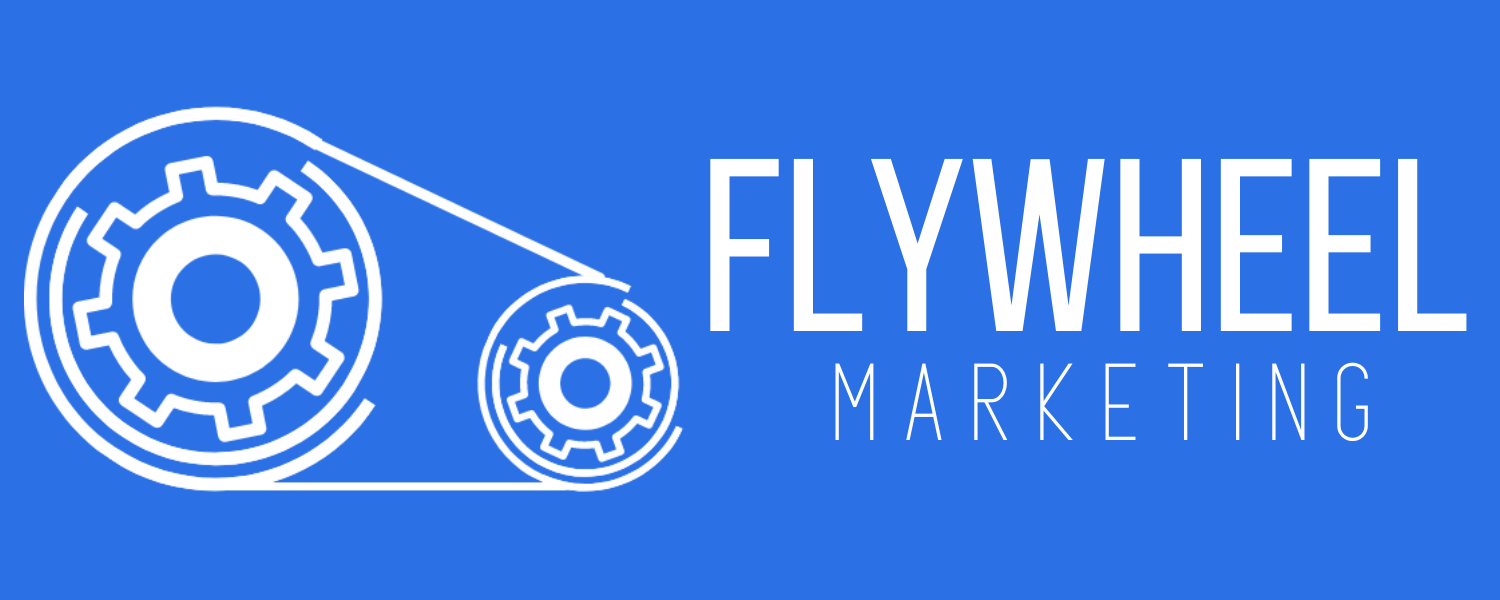LinkedIn: Best Practices for Personal Use
We are often asked about using LinkedIn for small business. When social media campaigns begin to get traction, many people think it’s time to add new channels. LinkedIn is one of the second sets of channels that we see people consider.
LinkedIn is used for business and personal, but the uses are slightly different. Let’s look at LinkedIn for personal use today to better understand why it’s a great channel to use for networking and when it’s actually not great.
3 Reasons to Use LinkedIn
1. Make connections with your network and an extended network.
2. Recruiters use LinkedIn in many (not all) professions.
3. Establish yourself as knowledgeable in your field.
Make connections with your network and an extended network.
When you first create an account on LinkedIn, the channel will begin connecting you with people from your contacts, your e-mails, your alma mater and other ways to connect you to people you may know. Yes, it is a bit of a privacy nightmare. This is a good point to keep in mind, but most social media users ignored privacy concerns long ago. Profiles are connected based on people you may know as well as people you actually do know.
Networking is beneficial in every field of work. Let me give you an example. There’s a power plant 5 miles from my house. Many people on our Facebook neighborhood page discuss job openings at the plant. The joke is that “you can only get hired if you know someone who works there, so applying isn’t really helpful.” Every job opening posted, someone makes this comment on the post. If that’s true, it’s time to network and get to know the neighbors who do work there. Likewise, networking on LinkedIn can be powerful in opening doors where you want to work.
Recruiters use LinkedIn in many professions.
Recruiters across many industries do use LinkedIn to find new talent. The use by recruiters goes deeper than mining for talent, though. According to LinkedIn, “Recruiters can search for specific skills and keywords and keep tabs on candidates that might be of interest. LinkedIn offers up extra information, like whether a candidate has existing connections to the organization.” (LinkedIn)
Keep in mind that many recruiters are actively seeking talented individuals, not just those who are open to work. According to FlexJobs, “Up to 87% of recruiters regularly use LinkedIn to find active and passive job search candidates, and 35.5 million people have been hired by someone they connected with on LinkedIn.” (FlexJobs)
If you are open to the idea of finding the next best opportunity, keeping your LinkedIn profile up to date may be of real value as recruiters can find you even when you’re not looking for a new job.
Establish yourself as knowledgeable in your field.
The most important rule of LinkedIn is that it is not Facebook. It’s not just another social media platform. LinkedIn is a professional networking platform that lends itself to a very niche experience. This is not the place for pictures of your family or related discussions. This is the place to showcase your knowledge and expertise related to your profession. Have you read an interesting statistic lately related to your career? Draft a post to share along with your thoughts that demonstrates a unique position related to the fact. This is a place to shine with bits of knowledge that set you apart from your peers. LinkedIn is the place to stand out.
LinkedIn is a great networking tool, and perhaps that is how it’s best used. It’s a way to make connections across professions with peers and colleagues. It’s a way to demonstrate what you know and do well in your profession. It’s kind of like the academic bowl in high school where you get to show off based on what you know.
Now that we have discussed why you should use LinkedIn, let’s look at 3 things you should post on LinkedIn.
1. Post a relevant career update. New job? New promotion? New project?
2. Share a job opening in your company.
3. Share something your listening to or reading to grow in your work. Podcast? Book? Tutorial? Video?
BONUS: Give expert advice or guidance. Share something that everyone should know that would benefit others…just to be helpful.
LinkedIn is an excellent networking channel for personal use. Since it is personal, it is something that you should do on your own. It does not work easily with outsourcing to an agency, although a longtime personal assistant might be able to convey your voice in posts if that’s necessary. LinkedIn can be used to demonstrate knowledge and expertise in a profession. It should be treated like other social media in that consistent posting and engagement are crucial to your networking goals. LinkedIn is not like Facebook, and it should not be used to share frequent personal pieces of information.
When we evaluate channels for a client, we start by looking at how it will be used and what the end goal is for the client. If we can meet the client goals, we will absolutely use the channel requested. If we can’t, we discuss with the client our reservations and why LinkedIn doesn’t fit the goals for their overall strategy. Even if it means we lose potential income, we can’t recommend using a channel that will not accomplish the goals.
Keep your social media strategy in mind with every channel you consider. Too many channels without consistent posting and engagement will leave you spread thin and render your social media ineffective for your goals.
